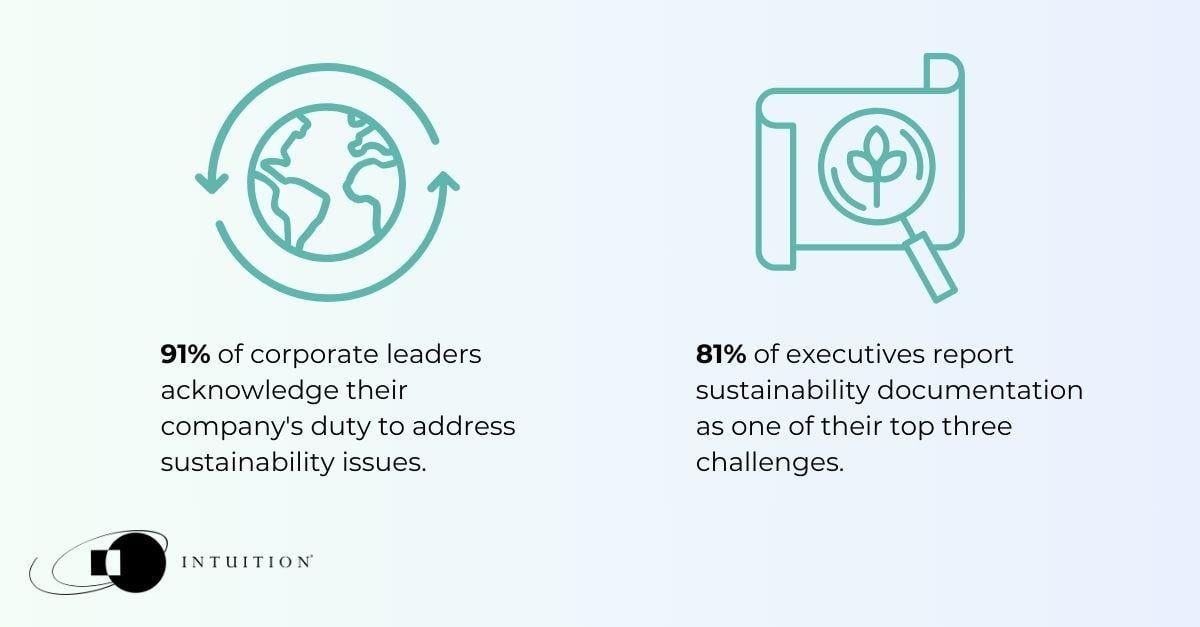
Although it’s an awkward time to assess and hire new candidates, employers need to adapt to the new normal. This means conducting video interviews and hiring staff who will work from home - at least for now.
As businesses begin to prioritise digital transformation, they require fresh talent in areas like e-commerce and online marketing. But with Covid-19 guidelines recommending that all staff continue to work remotely where possible, it makes sense to seek out candidates who are well suited to working from home.
So here are some work from home interview questions worth asking.
1. Are you tech savvy?
Most candidates applying for digital roles will be strong in this area. But it’s worth double checking as they’ll have to troubleshoot any tech issues on their own. Remote onboarding will also be easier for someone who’s at ease with computers.
What would they do if they had an issue? Are they familiar with your company’s choice of collaboration tools? While troubleshooting skills aren’t the be all and end all, it’s reassuring to know your new employees can focus on the job at hand.
2. Why do you want to work with us?
Hiring managers frequently ask this question to make sure candidates have researched the company and its products. But as a work from home interview question, it gains even more importance.
You need to look out for candidates who are truly excited about each role. Enthusiasm is essential when it comes to working from home. An interested and passionate employee will feel motivated to work hard - even outside of an office setting.
3. Tell me about your hobbies
Discussing a candidate's hobbies is a great way to uncover their outgoing and proactive side. Seeing what makes them tick also provides insight into their personality and whether or not they’re a good fit for your team.
Beyond this, it’s nice to see how candidates socialise or wind down after hours. Working from home can get lonely and, for some, it’s difficult to turn off the computer at the end of a shift. So this will provide a solid indication of someone’s ability to maintain work-life balance.
You can also use this discussion as an opportunity to test a candidate's communication skills. Ask them to explain or describe an aspect of their hobby that you know nothing about. You’ll discover just how clear and concise they can be on a call.
4. Where do you work while at home?
Having a home office - or some other kind of private, quiet, dedicated workspace - enables employees to be focused and productive.
It’s also reassuring that sensitive data and documents aren’t accessible to other members of the household.
5. Do you have experience working from home?
If a candidate has worked from home before, you immediately know two things:
- They liked it enough to apply for another remote position
- They’re able to work independently
Former business owners and freelancers are probably suitably self-motivated too. This is important because employees who want to work from home and know they’re suited to it will probably fit remote roles best.
If they have previous experience, ask what they liked and disliked about working from home. You should also find out what kind of remote working policy they worked with in the past.
For those without past experience, ask about why they want to work from home.
6. How would you prioritise tasks?
This is a great way to understand how candidates work when there’s no manager looking over their shoulder.
It lets you know how organised and proactive they are. It may also give you an insight into how susceptible they are to distractions.
7. Tell me about a mistake you made in a previous role.
When staff work from home, you rely on them to let you know when something goes wrong. You won’t see them frowning at their computer or pacing the office. Instead, they need to reach out to tell you the difficult truth.
If a candidate is comfortable discussing a past failure or slip up, this probably means you can depend on them to be open with you.
As your business adapts to the new normal, you’ll need team members who aren’t afraid of making mistakes. Right now, agility and adaptability should be sought-after traits.
8. How do you overcome a creative slump?
Many digital roles require creativity and problem solving in order to do great work. But impromptu brainstorming and lunchtime chats aren’t on the cards if you’re looking to spitball while working from home.
A confident and strong response to this answer demonstrates self-awareness and self-motivation, which are both key to working from home successfully. If a candidate's response mentions organising a virtual brainstorm, you know they’re well suited to teamwork - even in an online environment.
Final thoughts
Interview questions for work from home candidates probably aren’t so different from your usual queries. But the traits you prioritise when assessing responses should be. Emotional intelligence, virtual communication skills, motivation and organisation are most important.
Find out more in our detailed guide to hiring and managing remote workers. Alternatively, feel free to contact Prosperity directly. Our team of recruiters are happy to share their expert advice and insights.




